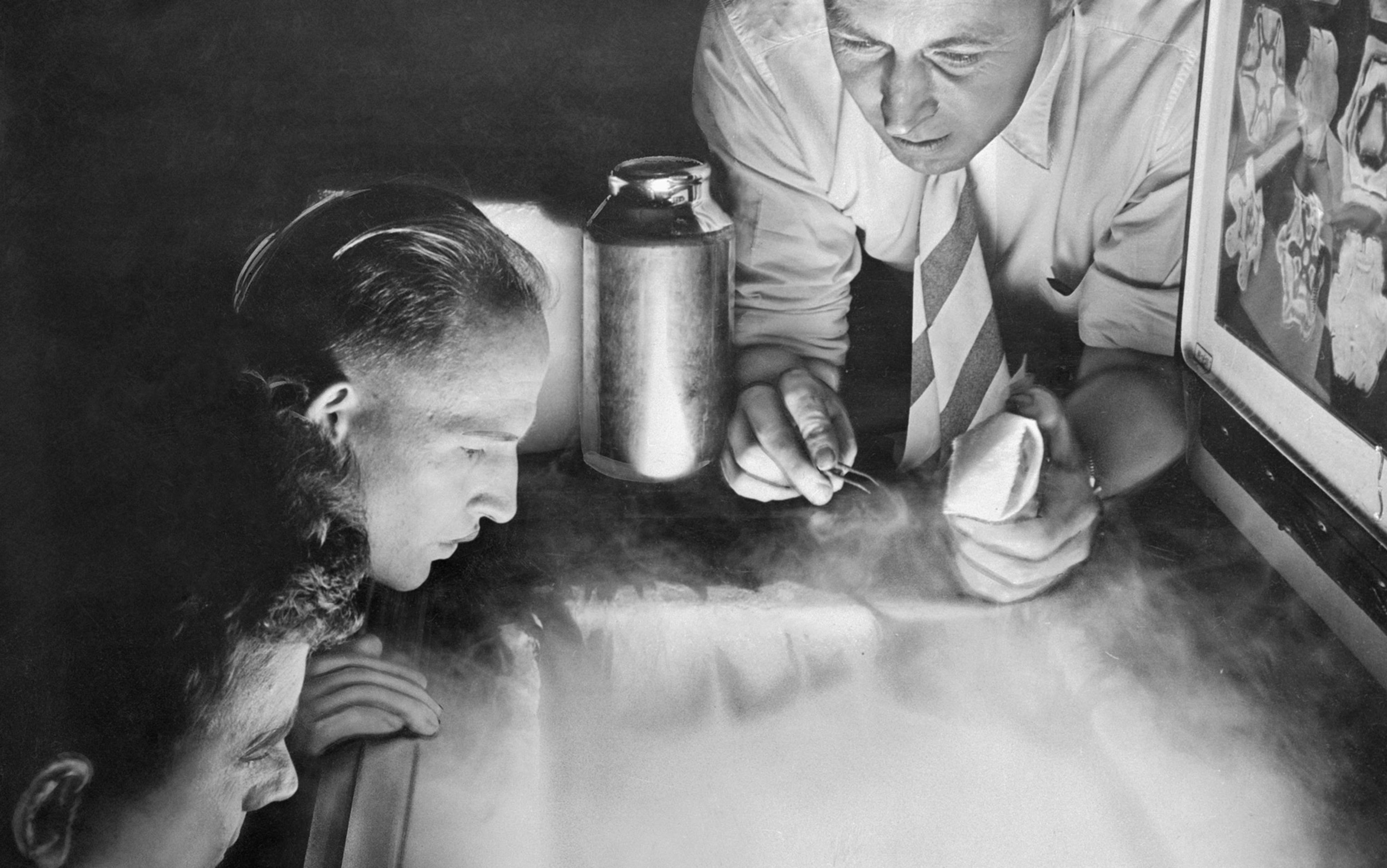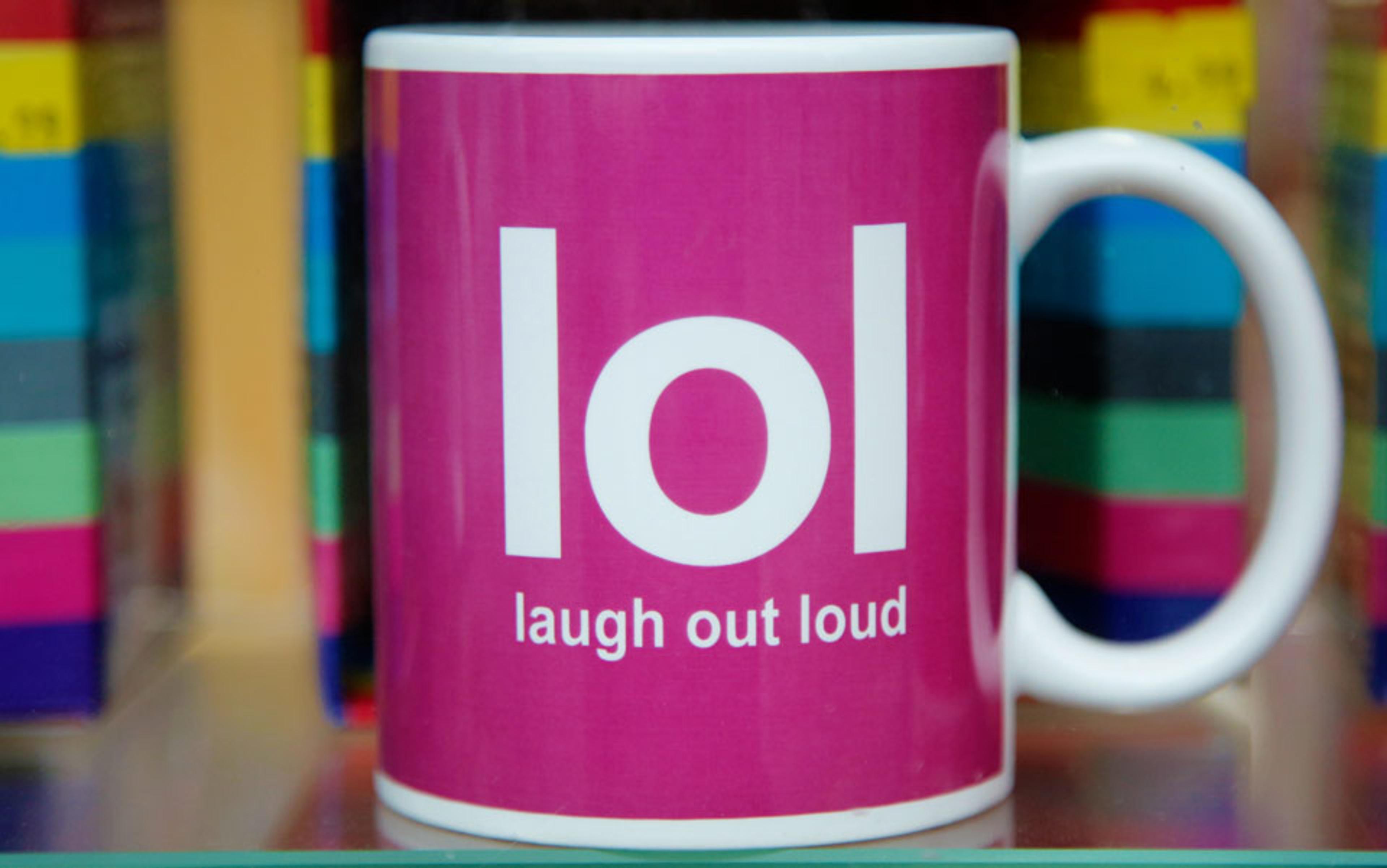What we would today call cash assistance for the differently abled could in a different era permissibly have been called welfare for cripples. The terms welfare and crippled sound somewhere between loaded and abusive today, and yet once were considered civil by educated, sensitive people. There actually was an organisation called the International Society for the Welfare of Cripples established in 1922.
However, in 1960 it was retitled the International Society for the Rehabilitation of the Disabled. As appropriate as that seems from our vantage point, it demonstrated a general tendency towards which we often roll our eyes. ‘Okay, what are we supposed to call it now?’ we sometimes think, as terms considered proper for a group or phenomenon seem to change every generation or so. The implication is that we find this rolling terminology a bit much – why can’t the names of things just stay put? On disabled, for example, what was wrong with handicapped, and why must we now move on to differently abled? Isn’t all of this kind of like Puff Daddy to P Diddy?
No, actually. What the cognitive psychologist and linguist Steven Pinker has artfully termed ‘the euphemism treadmill’ is not a tic or a stunt. It is an inevitable and, more to the point, healthy process, necessary in view of the eternal gulf between language and opinion. We think of euphemisms as one-time events, where one prissily coins a way of saying something that detracts from something unpleasant about it. That serves perfectly well as a definition of what euphemism is, but misses the point that euphemism tends to require regular renewal. This is because thought changes more slowly than we can change the words for it, and has a way of catching up with our new coinages. Since that is likely eternal, we must accept that we’ll change our terms just like we change our underwear, as a part of linguistic life in a civilised society.
The reason for this rolling semantic renewal is that the meanings of words are, in actual usage, messier than their dictionary definitions, cast in the tidy eternity of print, might make them seem. We store words in our brains amid webs of association, with experiences, impressions and other words. As a result, a word is always redolent of various associations, metaphorical extensions, beyond its core meaning.
For example, generous once meant noble, with no connection to sharing. It’s what William Shakespeare meant when he used the term. So when Edmund in King Lear defends himself against dismissal as low-born by insisting that
… my dimensions are as well compact,
My mind as generous, and my shape as true,
As honest madam’s issue
it can throw us a bit, making us wonder how a mind can be generous, and we find it a bit curious that someone would defend himself against a charge of bastardy by pointing out his magnanimity. However, in earlier societies, the noble person was often responsible for a degree of charity to the ordinary population, such that magnanimity was a trait associated with nobility. Over time, especially as formal nobility itself had ever less importance (think of the fate of the Crawleys in Downton Abbey), the meaning of magnanimity changed from a resonance of generous to the meaning it has today.
A word, then, is like a bell tone, with a central pitch seasoned by overtones. As the tone fades away, the overtones can hang in the air. Words are similar, with opinion, assumption and, more to the point, bias as equivalents to the overtones. Crippled began as a sympathetic term. However, a sad reality of human society is that there are negative associations and even dismissal harboured against those with disabilities. Thus crippled became accreted with those overtones, so to speak, to the point that handicapped was fashioned as a replacement term free from such baggage.
what a warm, charitable word welfare is at its core, and how much static and bile we must peel away to hear it that way again
However, because humans stayed human, it was impossible that handicapped would not, over time, become accreted with similar gunk. Enter disabled, which is now long-lived enough that many process it, too, as harbouring shades of abuse, which conditions a replacement such as differently abled. Notably, the International Society for the Rehabilitation of the Disabled later changed its name again to Rehabilitation, International; today, the organisation prefers to be known simply as ‘RI’, bypassing the inconvenience of actual words altogether. The story has been similar for retarded being replaced by cognitively impaired; for welfare, which today is more often referred to as cash assistance; or by the faceless initials of programmes disbursing it, such as TANF (Temporary Assistance for Needy Families).
Opinion can permeate a euphemism to such an extent that it becomes difficult to conceive of how it once sounded. Welfare was a replacement for what was once commonly referred to as home relief. The empathy in that term was soon blunted by associations with the people granted relief, such that older generations will recall home relief practically uttered as a negative epithet by the 1950s and ’60s. Meanwhile, reflect on what a warm, charitable word welfare is at its core, and how much static and bile we must peel away to hear it that way again. Similar is affirmative action: a term that 50 years ago resounded with a clean, stalwart clang of high-minded social justice now sounds freighted, sour, vague and tired to many on both sides of the political spectrum. Racial preferences was an attempt at a replacement – and note its similar fate.
As a lad decades ago, I worked briefly in the production of a magazine about family planning. Unfamiliar with the terminology, I spent months in this job before fully understanding that family planning referred to contraception, not just people musing over when they ‘planned’ to have children. Why the obliqueness? Because family planning was a replacement euphemism for birth control, coined in 1914 by the US contraception activist Margaret Sanger. Note that birth control was in itself as elliptical and abstract a terminology as family planning. Yet today, birth control summons the concrete image of a contraceptive pill or other device. It was inevitable that this would become the case for birth control given the controversy over its use.
This sheds light on the linguist George Lakoff’s briefly acclaimed proposal during the George W Bush administration that Democrats could regain influence by changing the terms for things reviled by Republicans. Taxes could be membership fees; trial lawyers could be public protection attorneys. As fresh as this idea seemed, it could have only worked temporarily, as the history of words such as welfare demonstrates. The nature of language and humanity is such that, after about 20 years, those criticising taxation rates would have come to process and discuss ‘membership fees’ with the same contempt with which they once discussed ‘taxes’, just as it has got to the point that custodian now has roughly the same feel as janitor, for which it emerged as a euphemism in the 1940s. Custodian makes one think not of ‘custody’ but of a mop.
Thought will always catch up with the word. Make no mistake, the thoughts can be ones that many would consider welcome. A hundred years ago, in industry, efficiency was associated with the ‘scientific management’ theories of Frederick Taylor, the US mechanical engineer and one of the first management consultants, in search of the maximum output from factory labourers. However, as this kind of efficiency often led to the need for fewer workers, a question arose as to whom the efficiency was intended most to benefit.
Today, efficiency carries a faintly minatory air, in contrast to its first neutral, and then glamorous, feel as the 20th century got underway. Downsizing, an attempt to euphemise the dismissal of workers for the purposes of the bottom line, rapidly lost any impartial connotation it was crafted to purvey. In the mid-20th century, urban renewal was a term of art for what on the ground displaced millions of Americans, often from low-income but stable neighbourhoods deemed ‘slums’ and razed down. Today, that reality has been aired amply and publicly, such that urban renewal calls to mind a bulldozer mowing down innocent people’s homes. Notably, there seems to be no replacement term for urban renewal, partly because the policies of urban czars such as New York’s city planner Robert Moses have been so thoroughly repudiated that public officials no longer espouse any similar doctrine. Ultimately, words alone cannot do this: urban renewal itself began as a euphemism for the more direct slum clearance, but the practice only burgeoned for decades thereafter. It took thought changing to truly transform.
‘Innovation’ has been fashionable for long enough among corporate and political types that it has taken on their hucksterish associations
The euphemism treadmill, then, is neither just a form of bureaucratese, nor of identity politics. It is a symptom of the fact that, however much we would like it to be otherwise, it’s easier to change language than to change thought. Moreover, the euphemism treadmill is neither new nor does it churn faster than it once did. When you ask someone Where’s the men’s?, you are using a replacement for the restroom that can summon a vision of a certain undersanitised room in the back of a Wendy’s fast-food restaurant. Yet the very idea of it being a ‘rest’ room began as an exquisite attempt to wave away miasmic associations after bathroom ceased to do the job any better than had toilet or lavatory, deflecting attention to grooming and cleansing over what else happens in the room. Historically, lavatory is first attested in 1864, restroom followed hot on its heels a few decades later, at the turn of the 20th century, and then men’s room came into fashion in the 1920s.
This means that, in a linguistically mature society, we should expect that the terms we introduce to help us kick off new ways of thinking will require periodic replacement, like tyres. In our moment, special-needs student would appear about due for a swap-out. Meanwhile, the term innovation has been fashionable for just long enough among corporate and political types that it has taken on their hucksterish associations. Invention, for their purposes, would be better, although by about 2035 we can assume that this word too will sound, from the mouths of that era’s managers and mayors, equally fulsome.
Reality persists. It’s language we have control over – at least, for a while.






